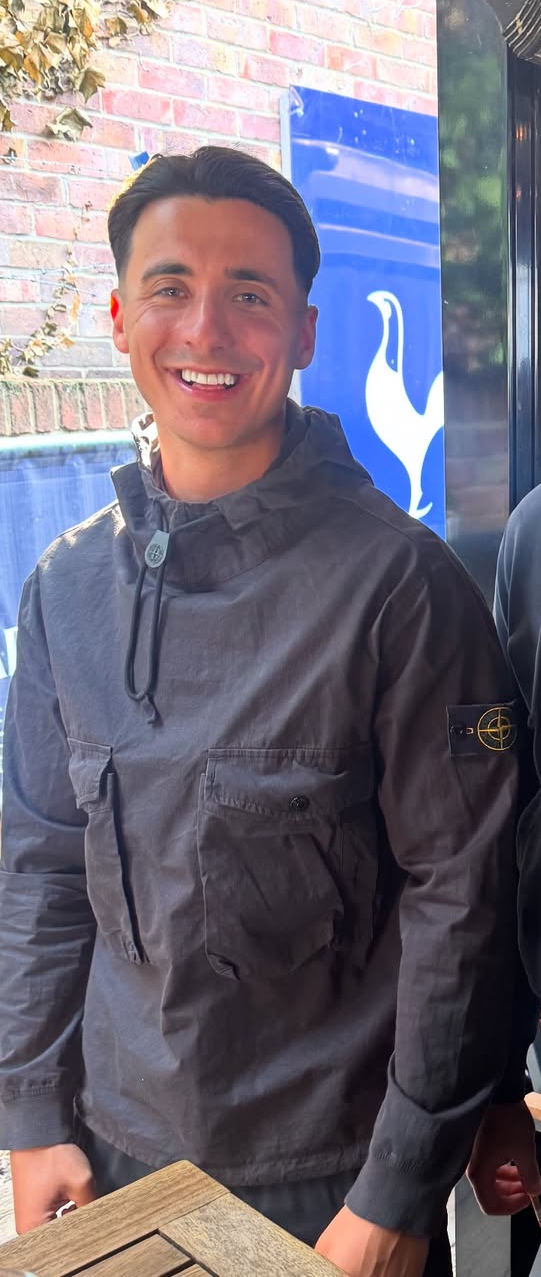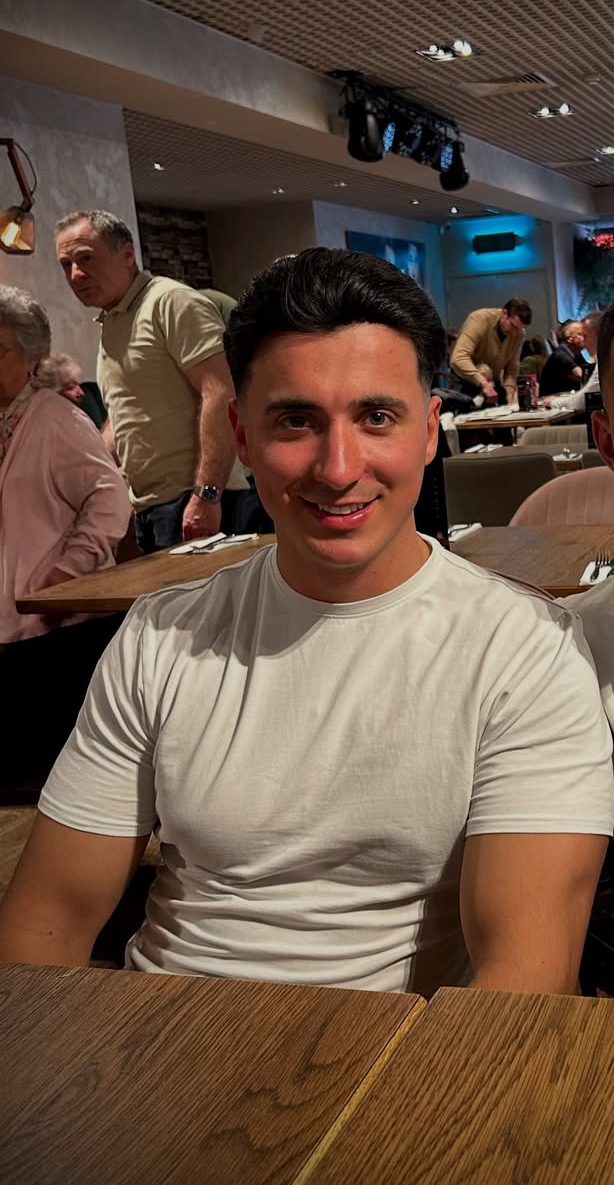
In the realm of reality television, the upcoming season of Love Island has sparked intrigue with the potential introduction of Tommy Bradley, a northern Londoner who has undergone a notable physical transformation ahead of his possible villa debut. This casting decision not only raises questions about the show's selection criteria but also taps into broader discussions around body image representation in popular media. As the series gears up for its summer launch, the inclusion of individuals like Tommy prompts an examination of the evolving dynamics between reality TV, personal appearance, and societal expectations.
The wider context: Body transformation narratives and reality TV
Tommy Bradley's journey from a self-described "cheeky chappy" to a muscular presence on social media offers a glimpse into the intersection of personal branding and physical transformation. His documented fitness regimen, shared via Instagram, underscores the performative nature of body image construction in contemporary culture. By aligning with his boxer brother, Jamie Bradley, in this pursuit, Tommy exemplifies the fusion of familial influence and social media aesthetics shaping his narrative.
Analyzing Love Island's casting dynamics
As Love Island navigates the delicate balance between entertainment value and social responsibility, the selection of contestants like Tommy Bradley and Aaron Buckett signifies a deliberate move towards diversifying body types within the show's traditional standards of attractiveness. The strategic inclusion of individuals who challenge conventional norms of beauty signals a subtle shift towards a more inclusive representation of physical appearances on reality TV platforms.
Interrogating the impact of reality TV on self-image
While Love Island continues to draw audiences with its blend of romance and drama, the show's influence on viewers' perceptions of body image cannot be overlooked. The portrayal of meticulously curated physiques on screen contributes to the perpetuation of unrealistic beauty standards, potentially exacerbating issues of self-esteem and body confidence among impressionable audiences. In this light, the casting decisions made by reality TV programmes hold a significant influence on shaping societal attitudes towards physical appearance.

Challenging narratives of beauty and authenticity
Amidst the anticipation surrounding Love Island's upcoming season, the narratives constructed around contestants like Tommy Bradley serve as a reflection of the evolving discourse on beauty, authenticity, and representation in media. By unpacking the implications of showcasing body transformations on reality TV, viewers are prompted to critically engage with the underlying messages perpetuated by such programming. As discussions around body positivity gain momentum, the role of reality TV in reinforcing or reshaping societal beauty ideals remains a pertinent subject of analysis.
As Love Island prepares to unveil its latest cohort of contestants, the inclusion of individuals like Tommy Bradley underscores the evolving landscape of reality TV casting and its implications for broader conversations on body image and self-worth. By scrutinising the intersecting dynamics of personal transformation, media representation, and audience influence, we are reminded of the multifaceted nature of reality television's impact on societal perceptions of beauty and identity.
Did you miss our previous article...
https://thecelebreport.com/television/british-soap-awards-bomb-scare-triggers-evacuation-stars-depart-hackney-empire






